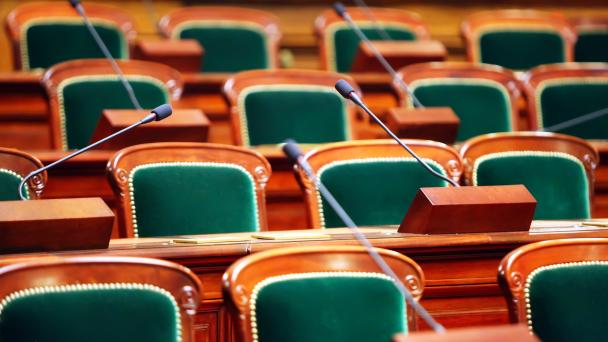BSA 40: Role and responsibilities of government


This chapter examines the substantial liberalisation in moral attitudes that has taken place over the past four decades, focusing on family formation, sexual relationships, and abortion. How universal has this process been and what factors are driving it – changes in the public’s demographic make-up, changes in how society deals with these issues in terms of legislation and popular discussion, or changes in our behaviour? What do long-term trends to date suggest will happen in the future and how might they help us to understand more recent data on attitudes to people who are transgender?
While we are much more accepting of non-traditional family forms and sexual relationships than we were four decades ago, there is no clear consensus regarding the acceptability of various
family forms when children are involved.
People are more likely to think an abortion should be allowed in a range of circumstances compared with four decades ago, although there is less universal support when there is no health risk involved.
Attitudes towards people who are transgender have become markedly less liberal over the past three years.








Receive a regular update, sent directly to your inbox, with a summary of our current events, research, blogs and comment.
Subscribe